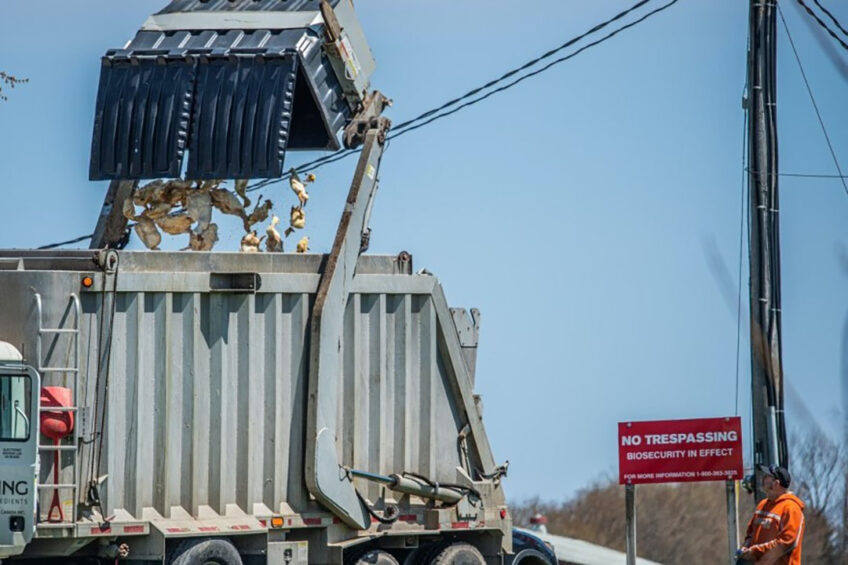Vaccinating for avian influenza on the OIE agenda

Huge numbers of cases of avian influenza in the past year have prompted the World Organisation for Animal Health to discuss the potential vaccination of poultry.
Until now, preventative vaccination of commercial birds against avian influenza has been ruled out for various reasons, including the potential that some vaccinated birds would still be capable of transmitting bird fly if they became infected, and the rapid mutation of influenza viruses that can render vaccines less useful.
Other reasons for not pressing ahead with vaccination include practical considerations of injecting each bird, no proven efficacy of the vaccines, the difficulty of differentiating infected from vaccinated birds, welfare implications around increased handling of birds, the potential of inducing a false send of security leading to a lessening of biosecurity, and trade issues.
Governments are considering vaccination against avian influenza
But Professor Christine Middlemiss, chief veterinary officer at the Department for Environment Food & Rural Affairs (Defra), said the current outbreak has been so large, especially in Europe, where there have been more than 2,300 cases, and in parts of North America, that governments were now seriously considering vaccination. In Great Britain, there have been around 160 premises infected by the H5N1 virus in the past year, with the overwhelming number (>135) in England. Half of the premises infected have been large commercial farms, 25% backyard flocks and around 20 smaller farms.
Middlemiss told the annual British Free Range Egg Producers Association (Bfrepa) that the World Organisation for Animal Health would discuss vaccination, although she acknowledged more research was needed.
Filling knowledge gaps
She highlighted the ongoing work led by Professor Ian Brown from the UK’s Animal and Plant Health Agency, which is looking at filling knowledge gaps about how the H5N1 virus is evolving and how it is finding its way into poultry farms.
While the project isn’t explicitly looking at bird flu vaccines, some of its research on the evolution of the H5N1 virus could feed into the future development of vaccines, which the EU is exploring.
”…mass culling is less and less accepted by the general public…”
EU agriculture ministers agreed in May to implement a bird flu vaccine strategy due to the huge number of culled birds across Europe. Spanish agriculture minister, Luis Planas, said mass culling was “less and less accepted by the general public”, while other Ministers said it was extremely costly.
Mark Williams, British Egg Industry Council (BEIC) chief executive, has said the fact that the European Commission was prepared to discuss the benefits of vaccination was the beginning of a process that could lead to such an outcome. He noted that the key issue in the debate would be whether trading partners will continue to accept day-old chicks or poultry products from vaccinated stock.
“The BEIC welcomes the dialogue over the issue and will be fully engaged to inform the conversation on vaccination,” he added.








